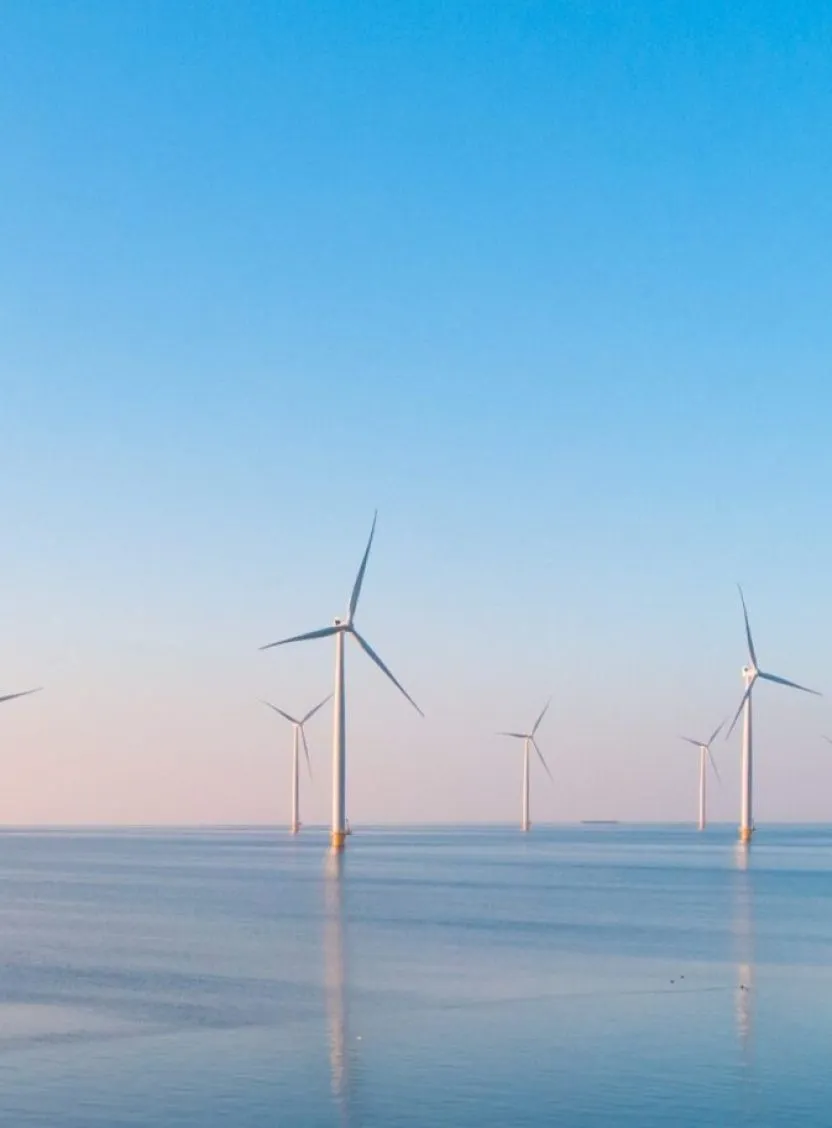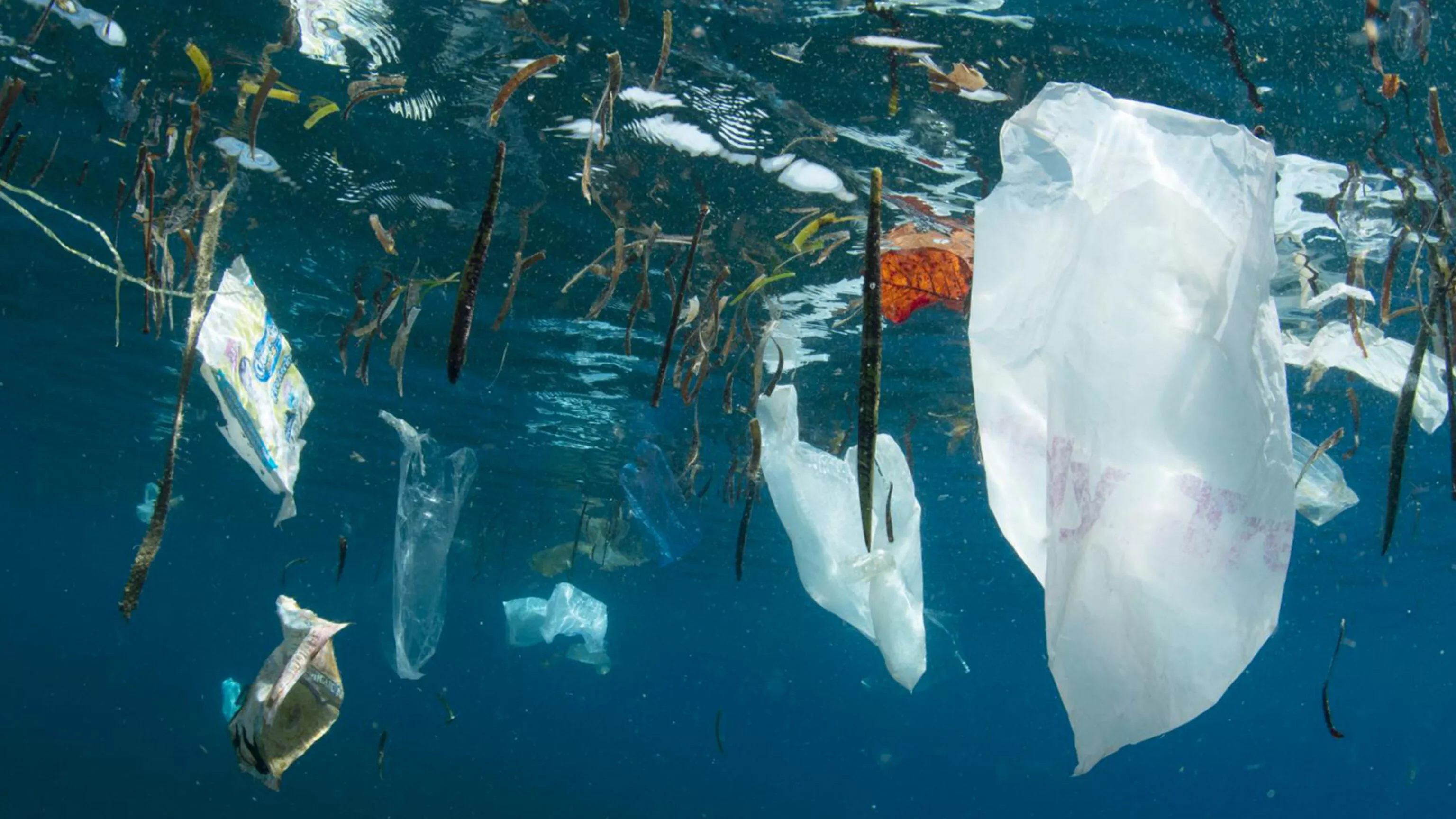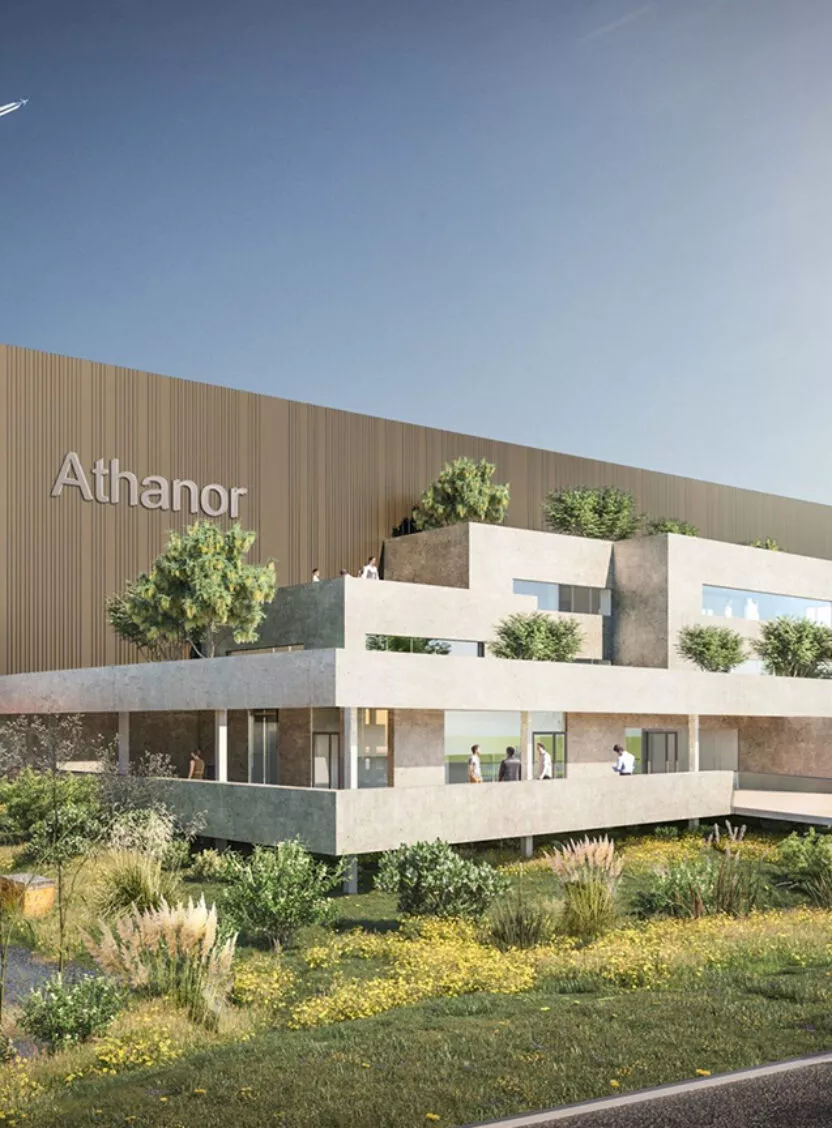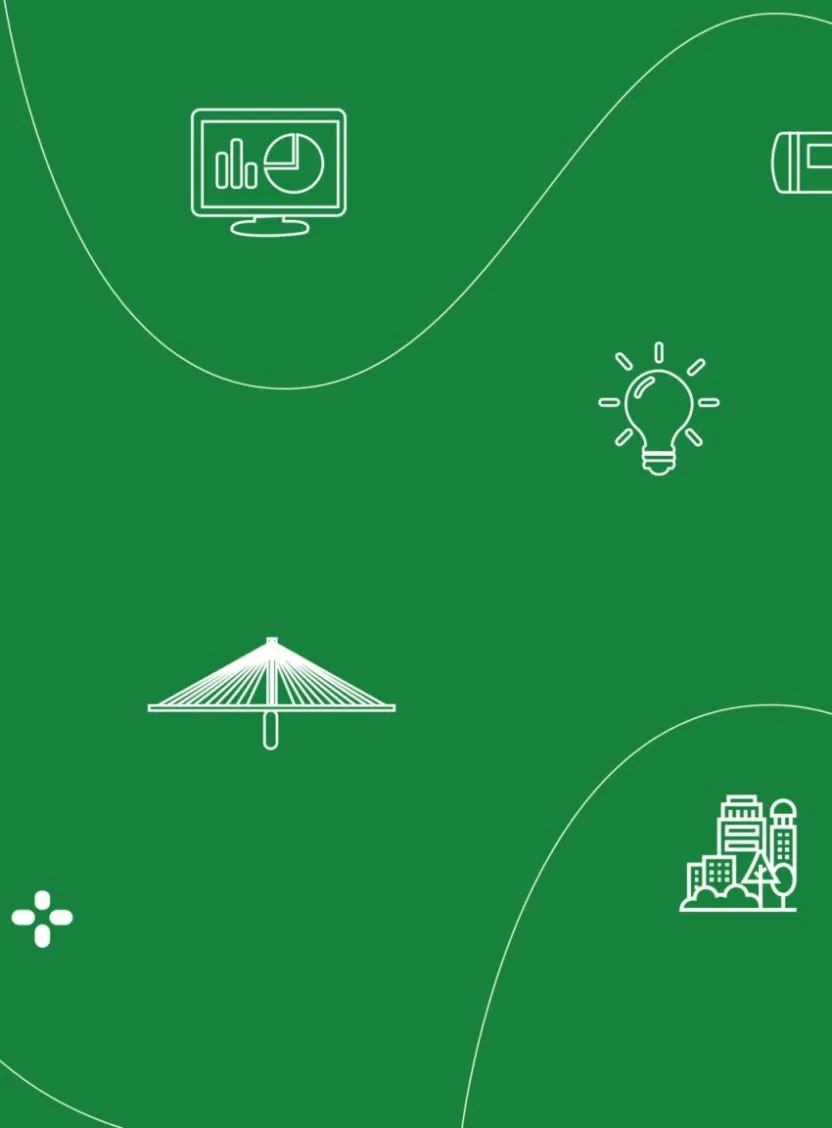
The French Global Environment Facility (FGEF) promotes and finances innovative environmental projects in developing countries. It supports initiatives capable of generating local environmental, social and economic benefits, and operates within the framework of France’s official development assistance policy and the objectives of the Sustainable Development Goals adopted by the United Nations in 2015.
The BeMed association has developed a project for the Mediterranean basin aimed at setting up actions on the ground to help reduce plastic pollution in the Mediterranean, and has applied for support from the FGEF. The BeMed+ project aims to support and accompany the implementation of actions on the ground and to initiate sustainable changes by involving municipal, voluntary and private players.
In particular, the project envisages major actions in 3 “pilot” areas: the river Shkumbin and its catchment area in Albania, the coastal town of Monastir in Tunisia and the Bay of Jounieh, a tourist area in the process of being protected in Lebanon. An application for funding has been submitted to the FGEF.
As part of the appraisal of the BeMed+ project, the FGEF asked setec énergie environnement to carry out an ex-ante evaluation of the project and to support the BeMed association in the preparation of the project’s commitment memorandum in order to provide input for its consideration of the granting of funding.
The projects supported by the FGEF aim to preserve biodiversity, the climate, international waters, land and the ozone layer, and to combat chemical pollution. The FGEF learns from these pilot projects so that the most effective solutions can be deployed in other places or on a larger scale.


